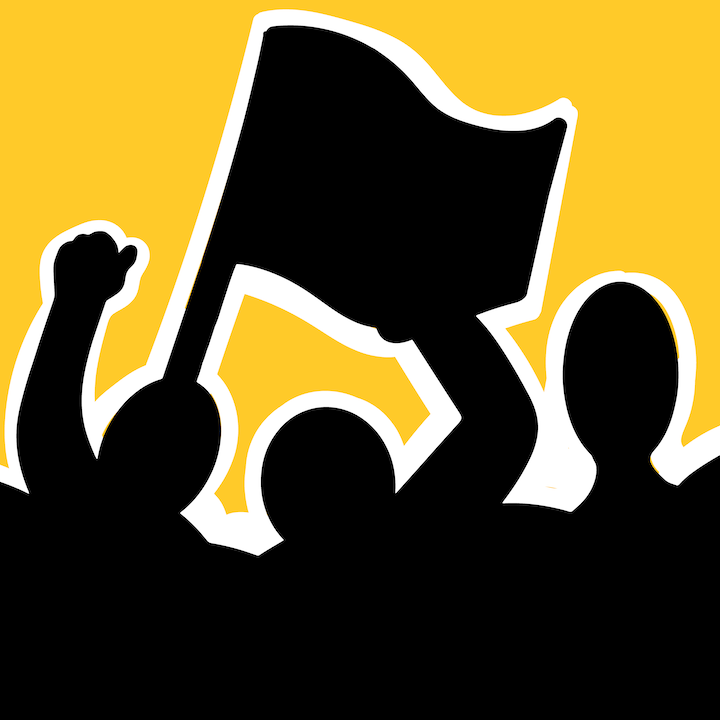House Speaker Nancy Pelosi said Thursday she will share the Poor People’s Campaign moral policy agenda with her colleagues in Congress, calling it “a sweeping transformative plan to advance the values of justice, fairness and the freedom upon which America was founded.”
Pelosi spoke during a congressional briefing that the Poor People’s Campaign: A National Call for Moral Revival held to review its Moral Policy Agenda to Heal America: The Poor People’s Jubilee Platform, released during a time of three pandemics: COVID-19, systemic racism and systemic poverty.
“A budget should be a statement of our national values,” Pelosi said. “What we care about as a nation should be reflected in our budget. This is a wonderful guide to lifting us to a higher standard.”
More than 200 activists listened to the briefing along with Democratic members of the House and Senate. Republican leaders, including House Minority Leader Kevin McCarthy, also were invited but did not attend.
“We’re looking for those Congress people that will champion not a left platform, not right platform, not a conservative platform and not a liberal platform, but a moral platform that’s rooted in our deepest moral principles, our deepest constitutional principles and yes, rooted in our deepest economic policies because … the cost of inequality is worse than the cost of fixing it,” said Rev. Dr. William J. Barber II, co-chair of the Poor People’s Campaign and president of Repairers of the Breach, based in Goldsboro, North Carolina.
The sweeping Jubilee platform offers a roadmap for lawmakers to take seriously the moral and constitutional principles upon which this country was founded: to establish justice, promote the general welfare, ensure domestic tranquility, secure the blessings of liberty and provide for the common defense.
Policy prescriptions include new protections for voting rights, equitable and quality public education, guaranteed incomes and housing for all, including rehabilitating the country’s 18 million uninhabitable homes, a national water affordability plan, ending medical debt and student debt, and redirecting resources from policing, prison, immigration enforcement, the military and fair taxes towards living wages, a federal jobs program, green transition and more.
“For too long our society, including Congress, has invested in punishing the poor,” said Rev. Dr. Liz Theoharis, co-chair of the Poor People’s Campaign and director of the Kairos Center for Religions, Rights and Social Justice in New York City, “Too much state, local and federal money is invested in the wealthy and in large corporations while poor and low-income people are left to fend for ourselves.”
Mikaela Curry of Kentucky said she knows many people are thinking about her state because Breonna Taylor was killed in her home by police who broke in using a no-knock warrant and David McAtee was killed by the Kentucky National Guard during a protest in Louisville over Taylor’s death.
“I think a lot of times when people think of rural areas, when they think of rural, eastern Kentucky, they have fixed ideas about what that is,” she said. “I think when they think about rural folks, they think about hillbillies, and they think about rednecks, and they think about people from the South. But we’re not their scapegoats. We’re not on board with their regressive policies that are not just affecting Kentucky and are not just affecting the American South, but are affecting all of America.”
The briefing followed the campaign’s digital Mass Poor People’s Assembly and Moral March on June 20th, when more than 2.7 million people tuned in to the digital justice gathering to hear the reality facing 140 million people who are poor or low-income in the wealthiest country in the world and where 700 people die each day from poverty – even before COVID-19.






